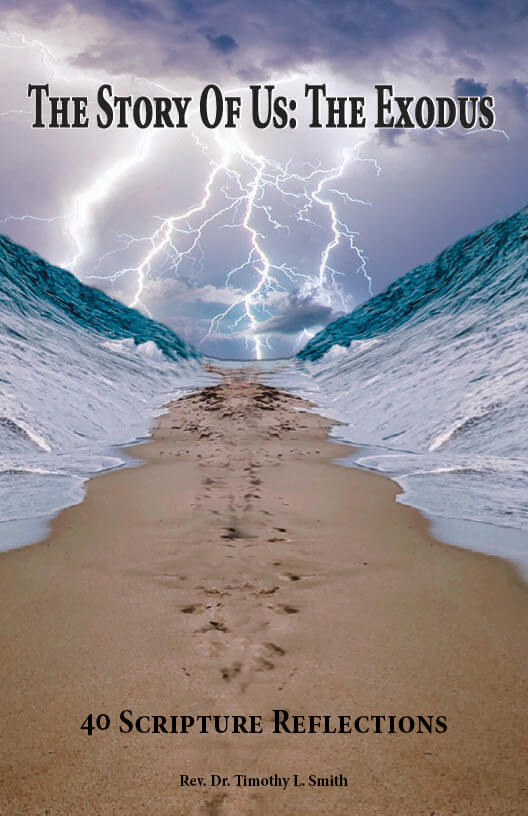PRAY
Show me Your glory, I pray.
Exodus 33:18
READ
The LORD spoke to Moses, saying: Speak to Aaron and his sons, saying, Thus you shall bless the Israelites: You shall say to them, The LORD bless you and keep you; the LORD make his face to shine upon you, and be gracious to you; the LORD lift up his countenance upon you, and give you peace. So they shall put my name on the Israelites, and I will bless them.
Numbers 6:22-27
The phrase, “In the Wilderness”, translates the Hebrew title Bemidbar for the book of Numbers from which today’s scripture is taken. This is a book about life in the Wilderness as God prepares former slaves for entering and possessing the Promised Land. Bible commentator Thomas Constable notes that the book of Numbers highlights God’s PROVISION for His people, His PATIENCE with them, and His PERSISTENCE in bringing them to the Promised Land. (Thomas Constable, Numbers: Expository Notes) Even though the Israelites – types of you and me – were often disobedient and disbelieving, God was always faithful to His promise to bless them. Shout it from the housetops! In the midst of Wilderness wanderings God purposes to bless His people!
Perhaps your pastor closes worship services with today’s scripture. It is a beautiful text, often called “The Aaronic Blessing”, as God entrusted it to Aaron the High Priest. It was a blessing to be spoken over the people so that they might experience “peace” (shalom). The Hebrew word for “bless” is barak, meaning “to bend the knee,” as people would bend their knees before God to bless and praise Him. It was customary to hear Barak at the beginning of a Jewish blessing, as in “Bless the LORD, O my soul, and all that is within me, bless his holy name” (Psalm 103:1). It is remarkable in today’s scripture that it is God who is bending the knee before His people. Throughout all the Wilderness wanderings God wills to bless His people.
Hebrew scholars tell us that rather than containing six actions, BLESS – KEEP – MAKE FACE SHINE – BE GRACIOUS – LIFT UP COUNTENANCE – GIVE PEACE, the Hebrew grammar calls for a different reading. The blessing actually contains three actions, each action followed by an explanatory phrase, “that is”. The blessing to be pronounced is:
The LORD bless you, that is, keep you;
The LORD make His face shine upon you, that is, be gracious to you;
The LORD life up His countenance upon you, that is, give you peace.
And wondrously, as these words are spoken over God’s people, God puts His name on them and confirms it by blessing them.
Each line of the blessing expresses God’s purpose to bless. For God to bless you means that He will KEEP you. The Hebrew word for “keep” is samar, meaning “to guard, protect, be in charge of.” As God’s people make their way through the Wilderness God will bless and keep them.
The phrase “face to shine” is a Hebrew idiom meaning “to be at peace” with someone. And “lift up his countenance” is idiomatic for smiling on someone, or looking on someone with favor. All of this means that God is at peace with His people and is smiling at them.
The Hebrew word for “peace” is the well-known shalom, which means far more than the cessation of hostility. Shalom comes from a verb meaning “to be completed” or “to be finished.” God’s purpose for His people is that they be whole, complete, lacking nothing.
Once again, the Israelites making the Exodus journey are “types” of you and me making our journeys (1 Corinthians 10:11). In the midst of all our stumbling and falling, we can be assured of God’s eternal purpose to bless us every day!
REFLECT
- What line in the Aaronic blessing stands out to you? Why?
- Today, why not speak the Aaronic blessing over yourself, and then over a loved one or friend? By this you will put God’s “name” on yourself and others.



